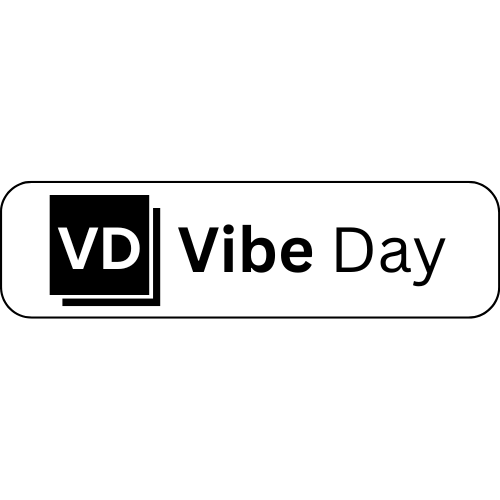Staying organized is one of the most underrated but impactful ways to stand out professionally. Personal organization isn’t just about keeping a tidy desk—it’s about managing your time, priorities, and mental space to consistently deliver high-quality work. In this article, we’ll explore powerful techniques that help you stay ahead and perform at your best every day.
Why Personal Organization Matters
A well-organized professional:
- Delivers work on time.
- Has space for creativity and problem-solving.
- Reduces stress and overwhelm.
- Gains trust from managers and clients.
When you’re in control of your tasks and responsibilities, everything else improves—communication, productivity, and even job satisfaction.
1. Use a Master Task List
Start by creating a master task list that contains every responsibility you currently have.
- Use tools like Todoist, Notion, Trello, or a simple notebook.
- Separate tasks by category: urgent, ongoing, admin, creative, etc.
- Review and update your list every morning and at the end of each day.
A single source of truth prevents important items from slipping through the cracks.
2. Prioritize with the Eisenhower Matrix
Not all tasks are equal. The Eisenhower Matrix is a tool that helps you separate the important from the urgent:
- Urgent and Important: Do it now.
- Important but Not Urgent: Schedule it.
- Urgent but Not Important: Delegate it.
- Neither: Eliminate it.
This method prevents you from constantly reacting and allows you to focus on what really drives results.
3. Time Block Your Calendar
Time blocking involves assigning specific periods of your day to different tasks or types of work. Instead of reacting to emails and meetings, you take control of your schedule.
- Block deep work in the morning, when energy is high.
- Set aside time for admin tasks, email, and planning.
- Leave some open blocks for unexpected tasks.
Tools like Google Calendar or Outlook make this easy to implement.
4. Limit Your To-Do List to 3–5 Key Tasks
Instead of overwhelming yourself with a massive to-do list, focus on 3–5 high-impact tasks each day.
Ask yourself:
- What are the most important outcomes I need to achieve today?
- Which tasks will bring me closer to my goals?
Keeping your list short improves focus and gives you a sense of accomplishment.
5. Create a Weekly Review Ritual
Set aside 30–60 minutes each week (Friday afternoon or Sunday evening works well) to reflect and plan.
Your weekly review should include:
- Reviewing what was completed.
- Rescheduling unfinished tasks.
- Planning the upcoming week’s priorities.
- Checking alignment with monthly or quarterly goals.
This routine keeps you proactive and intentional with your time.
6. Reduce Digital Clutter
Just like physical mess, digital clutter slows you down. Organize your:
- Email inbox (use folders, tags, and filters).
- Computer files and folders.
- App notifications.
Unsubscribe from newsletters you don’t read. Close unused browser tabs. Treat your digital workspace like a clean office.
7. Use Templates and Automation
Stop reinventing the wheel. For recurring tasks, use:
- Email templates.
- Project checklists.
- Automated workflows (Zapier, Slack integrations, etc.).
This saves time and ensures consistency, especially in high-detail work.
8. Keep a Clean and Functional Workspace
A cluttered desk can cause distraction and mental fatigue. Keep your workspace:
- Minimal: only essentials in reach.
- Organized: labeled folders, drawers, and bins.
- Comfortable: good lighting, ergonomic chair, proper desk height.
Add personal touches like a plant or inspiring quote, but avoid over-decorating.
9. Say No More Often
Being organized also means protecting your time. Practice saying “no” to:
- Unnecessary meetings.
- Requests that don’t align with your priorities.
- Last-minute tasks that aren’t your responsibility.
Saying “no” respectfully helps you say “yes” to what really matters.
10. Reflect and Refine Constantly
Personal organization is a habit, not a one-time fix. Regularly ask:
- What’s working well?
- What’s draining my energy?
- Where can I improve my systems?
Continuous improvement is what separates average professionals from high performers.
Final Thought: Organization Is a Skill You Can Master
You don’t need to be naturally organized to be effective at work—you just need the right systems and a commitment to building habits that serve your goals.
Start by picking two or three techniques from this list to implement this week. As your systems become more natural, you’ll notice a dramatic increase in clarity, confidence, and performance.

